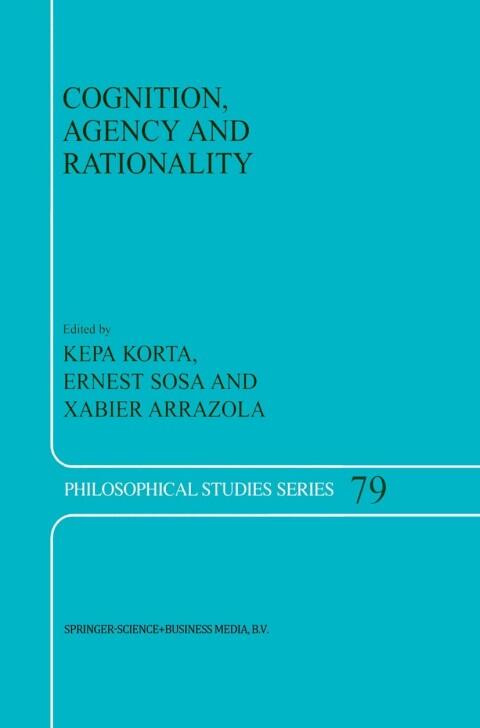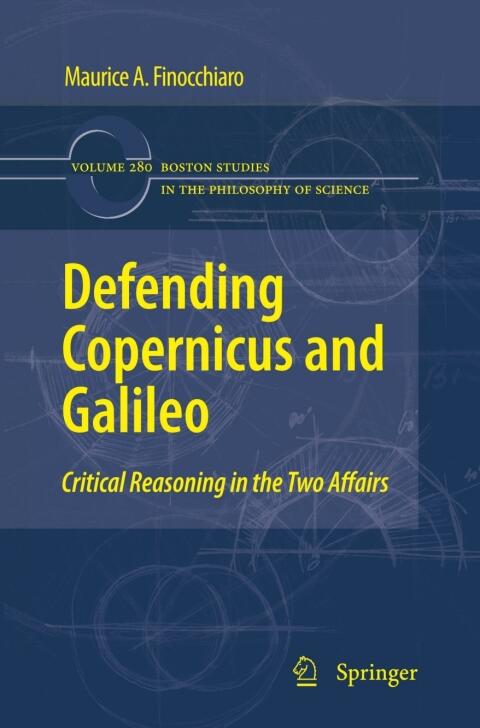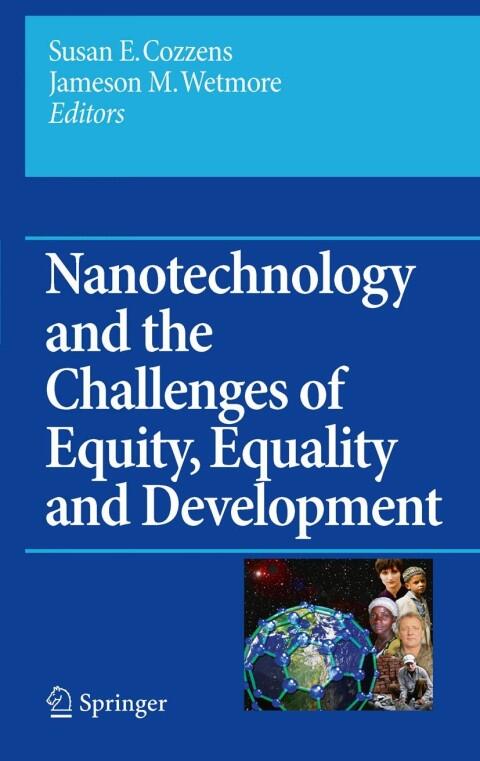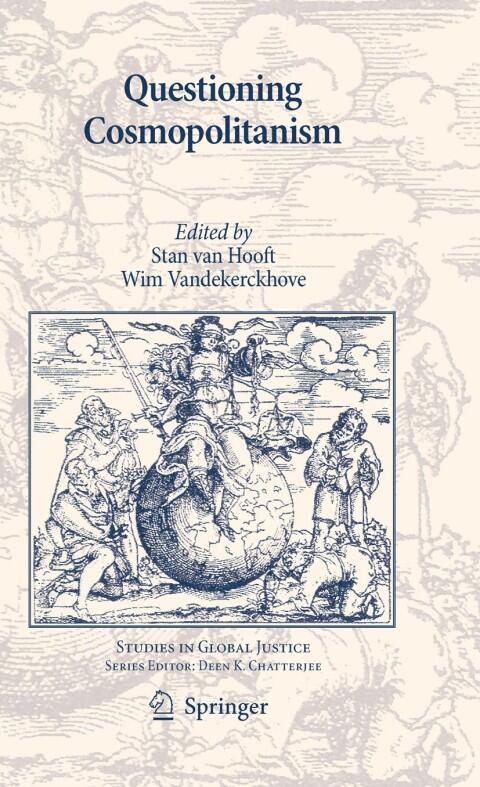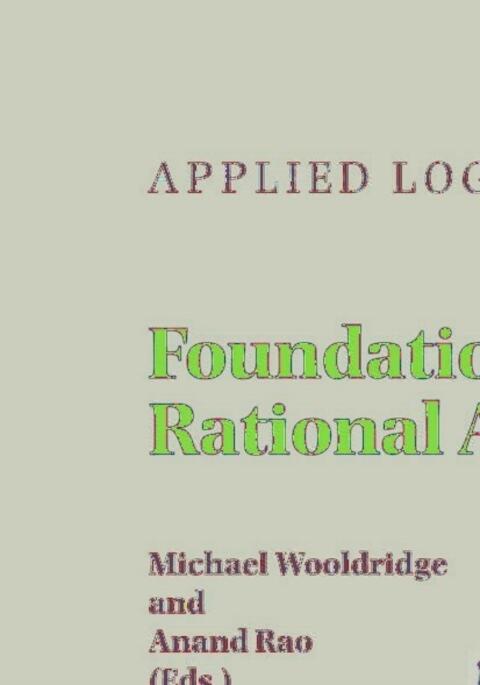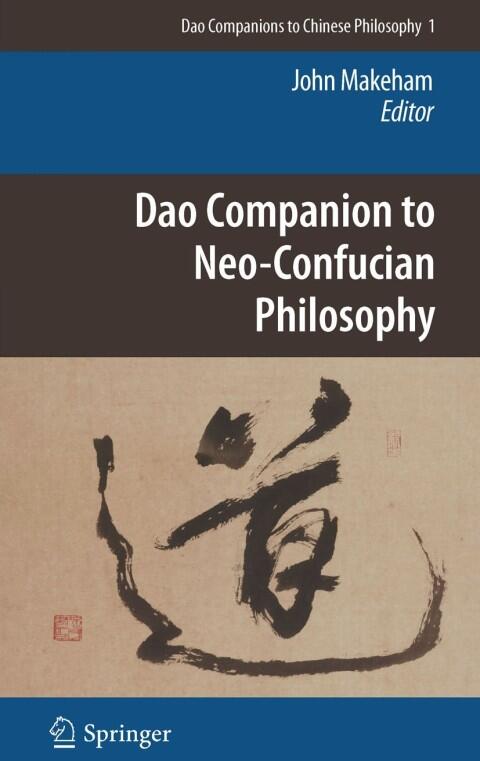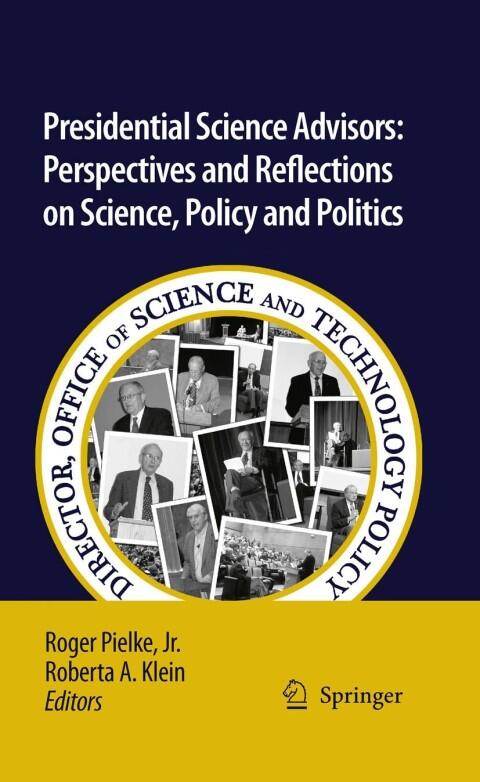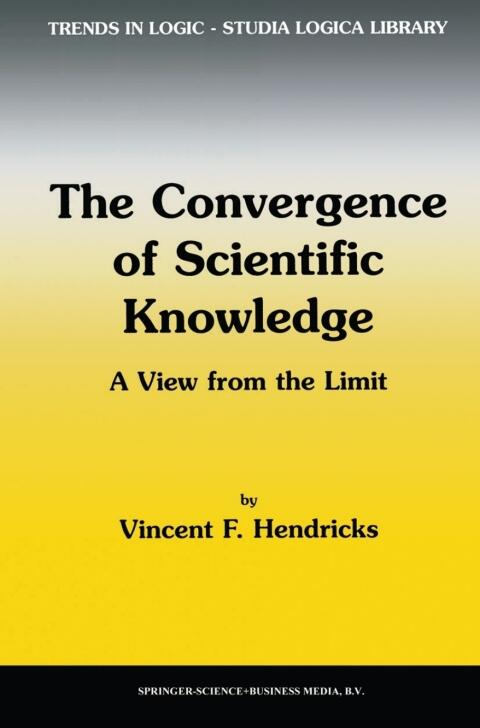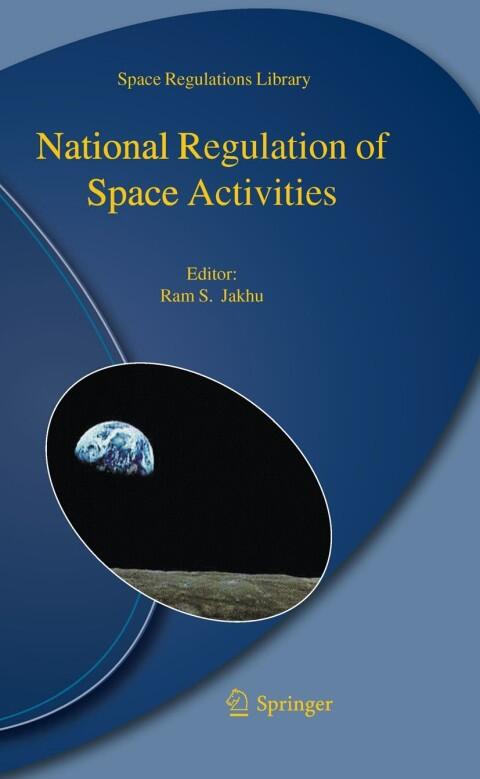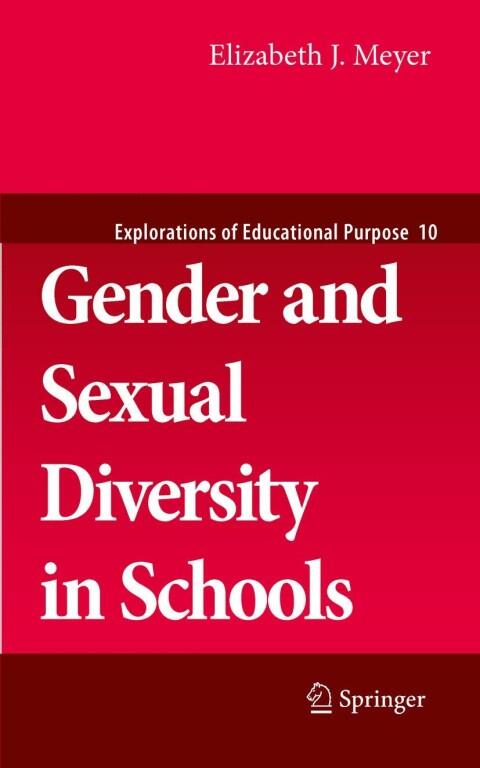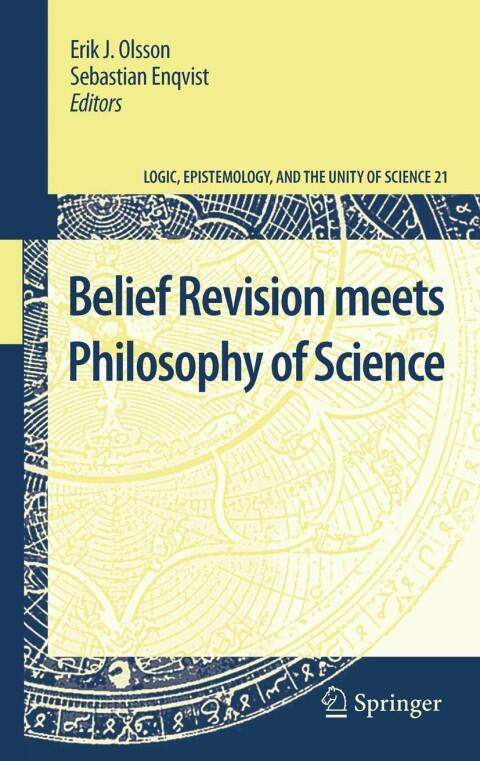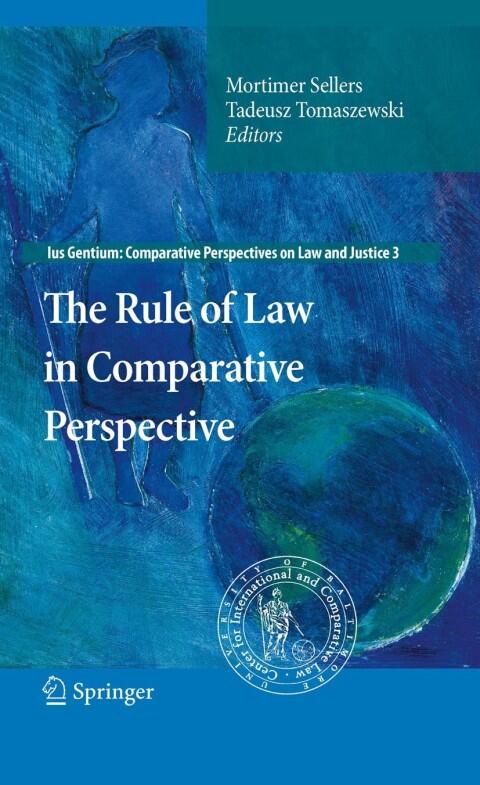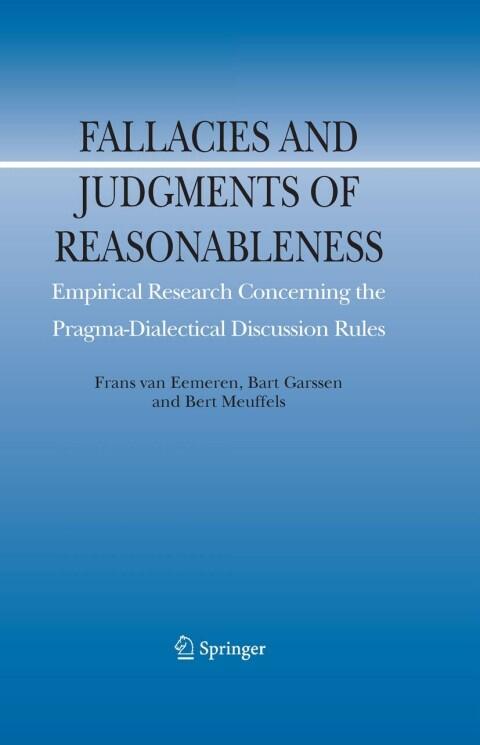
Fallacies and Judgments of Reasonableness: Empirical Research Concerning the Pragma-Dialectical Discussion Rules
لا توجد تقييمات بعد
Romance
Philosophy
تنسيق
كيندل
صفحات
375
لغة
الهولندية، الفلمنكية
منشور
Jan 1, 2009
الناشر
Springer
الطبعة
2009
رقم ISBN-10
9048126142
رقم ISBN-13
9789048126149
الوصف
In "Fallacies and Judgments of Reasonableness," an insightful examination unfolds regarding the complex relationship between argumentation and rational discourse. The authors, Frans H. van Eemeren, Bart Garssen, and Bert Meuffels, delve into the subtleties of pragma-dialectical discussion rules, providing a rich theoretical framework supported by empirical research. Their work challenges readers to reconsider what constitutes sound reasoning and the common pitfalls that can undermine effective communication.
The book intricately explores various types of fallacies that individuals encounter in argumentative exchanges, offering a clear analysis of how these missteps affect the judgments made about reasonableness. By drawing on a wealth of empirical data, the authors present a compelling case for understanding argumentation not just as a formal practice, but as a dynamic interaction influenced by numerous factors, including context and participant engagement.
Throughout its pages, this work serves as both a scholarly resource for researchers and a practical guide for anyone interested in refining their argumentative skills. It invites readers to reflect on their own reasoning processes while highlighting the importance of maintaining clarity and integrity in dialogue. The authors' thorough investigation into fallacies and their implications fosters a deeper appreciation for the art of argumentative discourse.
The book intricately explores various types of fallacies that individuals encounter in argumentative exchanges, offering a clear analysis of how these missteps affect the judgments made about reasonableness. By drawing on a wealth of empirical data, the authors present a compelling case for understanding argumentation not just as a formal practice, but as a dynamic interaction influenced by numerous factors, including context and participant engagement.
Throughout its pages, this work serves as both a scholarly resource for researchers and a practical guide for anyone interested in refining their argumentative skills. It invites readers to reflect on their own reasoning processes while highlighting the importance of maintaining clarity and integrity in dialogue. The authors' thorough investigation into fallacies and their implications fosters a deeper appreciation for the art of argumentative discourse.
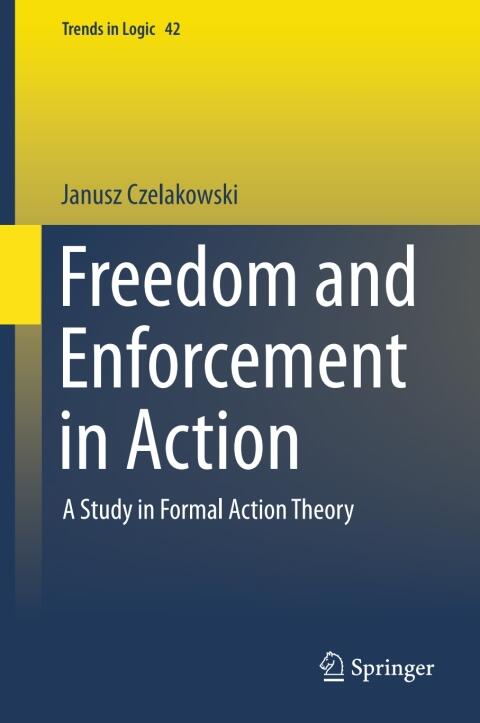


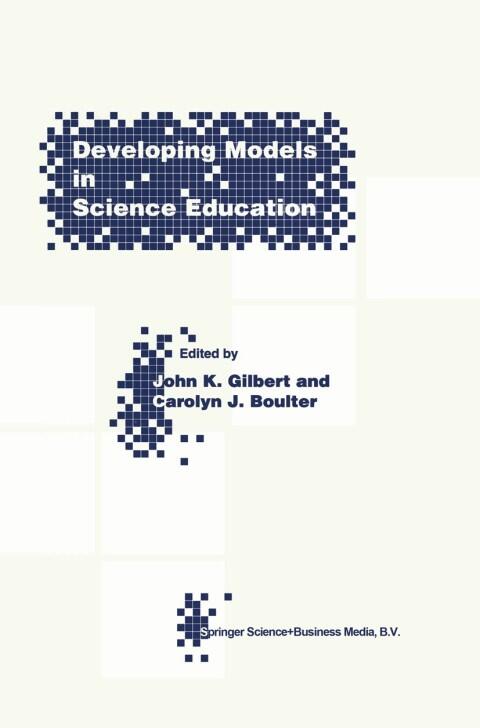
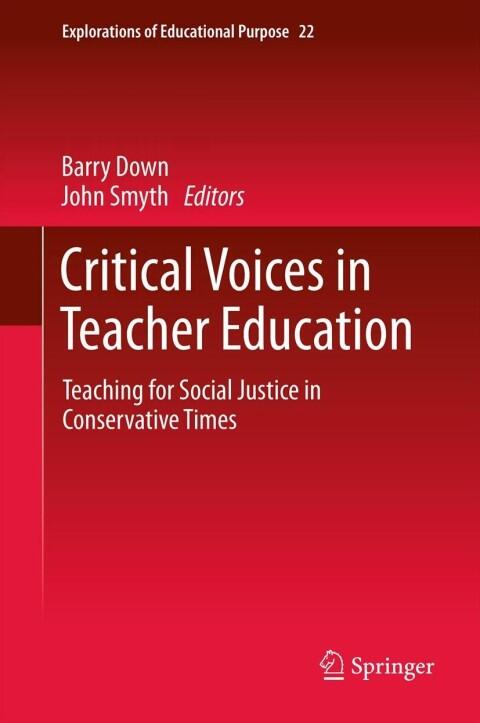
![[Ethical Principles and Economic Transformation - A Buddhist Approach (Issues in Business Ethics)] [Author: x] [May, 2011]](https://images.bookpine.com/bd815e9c-ead9-4e64-bfb5-aea659b2460b.jpg)
